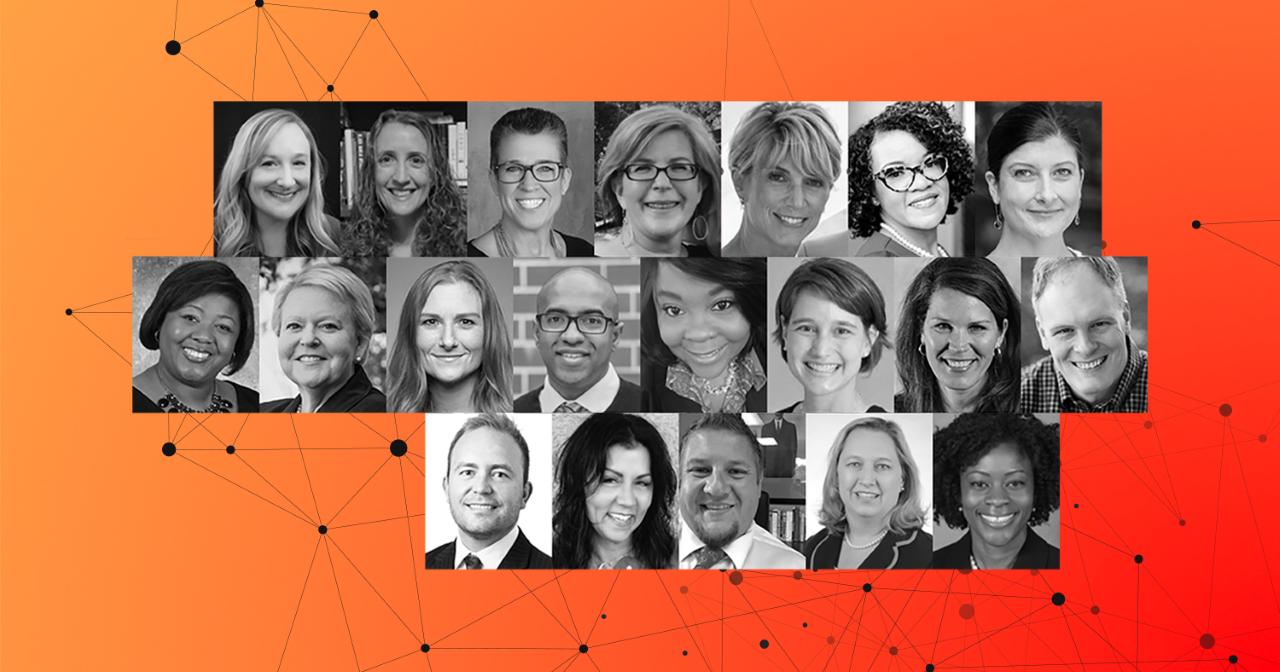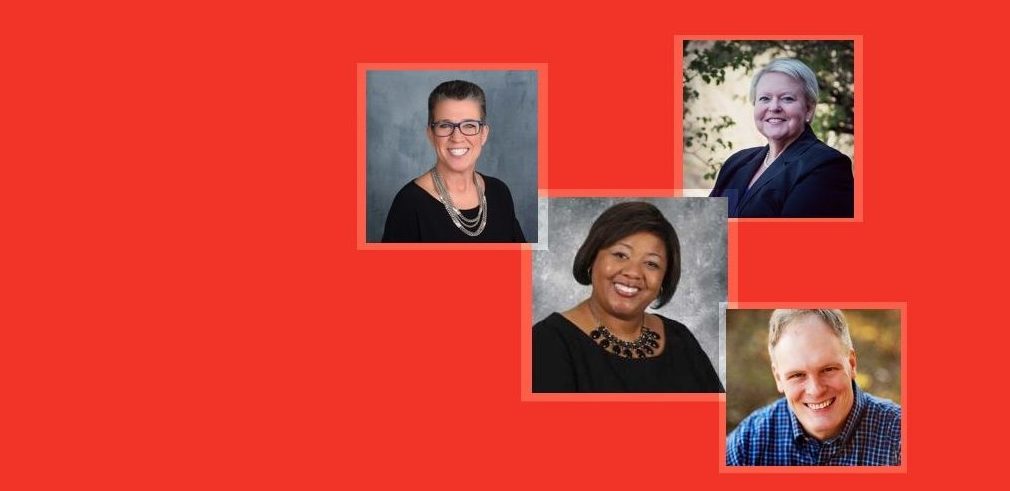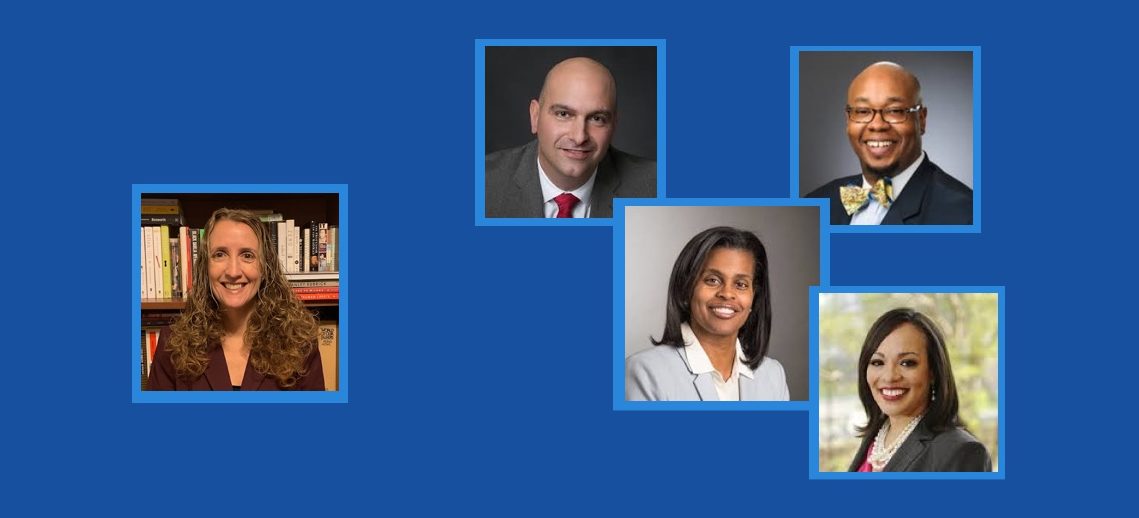The Green Garner Award, presented by the Council of Great City Schools, honors educational leaders from urban school districts. This week, the 31stannual award will be presented to one of twenty finalists—all of whom are impactful, inspiring leaders. No matter the winner, they will have earned it! Leading an urban district at any time is both a gift and a challenge; leading while in the midst of a global pandemic is an undertaking like no other.
Typically, superintendents make numerous challenging decisions before most people even enjoy their first cup of coffee, and they are accustomed to scrutiny. However, they understand that even amid today’s unprecedented demands, every decision they make must be decided in the best interest of children. Superintendents are currently working without a playbook amid turmoil, uncertainty, and unbridled emotions unleashed by critical constituents who sometimes lose sight of the needs of students.
True leaders never lose sight of student equity, access, and excellence.
Leading a district in the time of COVID-19 has forced superintendents to make decisions when they don’t know the right answer— when there may not be a right answer. This uncharted territory has forced our leaders to become public health experts to determine if and when schools should re-open for brick and mortar. They’ve become Wi-Fi warriors, to ensure students have access—not just to devices but to the internet.
The finalists for the Green Garner Award are just a few of the superintendents leading in an age of no easy answers. They have distributed laptops, invested in Wi-Fi networks, created drive-through lines to distribute food, ensured mental health support for students and staff, written policies to handle unique concerns, comforted employees impacted by COVID, and balanced budgets amidst unimaginable shortfalls. During this time, though, they haven’t taken their focus off academics.
Ensuring successful academics, whether classrooms are brick-and-mortar, virtual, or hybrid, is extremely challenging without high-qualify instructional materials. Fortunately, knowing “the right thing” when it comes to curriculum selection is much easier – we have curriculum reviews from EdReports and Louisiana Believes to help identify the most research-aligned curricula. I can’t help but notice that four pioneers in high-quality curriculum work are well-represented in the Green Garner finalist list.
Dr. Nikolai Vitti, superintendent of Detroit Public Schools, has been leading an impactful implementation of EL Education and Eureka Math; his team created companion ‘modEL Detroit’ resources that are used in districts across the country.
In Baltimore City Public Schools, CEO Dr. Sonja Santelises has led the district in a very successful implementation of Wit and Wisdom in K-8 literacy classes, as well as Wit & Wisdom for math.
Under Dr. Sharon Contreras, Guilford County has seen multi-year gains from its curriculum work, using CKLA, ARC Core, My Perspectives in ELA, and in mathematics using Eureka, Open Up Resources, and MVP Math.
And in my district, under the guidance of Superintendent Dr. Donald E. Fennoy II, we are supporting students in grades K-8 with enVision Florida Mathematics, as well as piloting Core Knowledge Language Arts and EL Education in thirty of our elementary schools.
Incorporating high quality instructional materials takes strong curriculum leadership, and these superintendents exemplify this commitment.
Use of strong curriculum is far from the norm. A 2019 RAND study showed that only 7% of elementary teachers use high-quality materials in ELA, and the picture was only marginally better in other grade bands. The majority of our ELA and math teachers don’t benefit from the support, time savings, and professional learning that comes with these materials. It should not surprise us that pioneers in elevating great curriculum are well-represented in leaders up for the nation’s top honors.
Equitable access to devices and Wi-Fi access has dominated media coverage regarding academics. Yet savvy leaders realize that entry into the distance classroom is merely the first step. What students find in the virtual room makes all the difference. As a Baltimore City teacher reminded us, Curriculum Matters Even More in a Crisis. This pandemic will forever change the way educators view curriculum and instruction— it has renewed our appreciation for the value of excellent materials as well as the cost of ‘DIY curriculum’ for teachers. For superintendents, the lessons learned are priceless.
I am optimistic that the conclusion of the school year will bring an end to the countless Zoom meetings, the debates over synchronous vs. asynchronous teaching, and schedules for various hybrid models. Meanwhile, I hope we do not lose sight of the tremendous accomplishments that districts have achieved during this time. Also, if you want a glimpse of the cutting edge in strong instruction, consider learning more about the curriculum leaders on the Green Garner Award finalist list. They won’t steer you wrong.
Diana Fedderman is the Assistant Superintendent of Teaching and Learning in the School District of Palm Beach County (FL).






